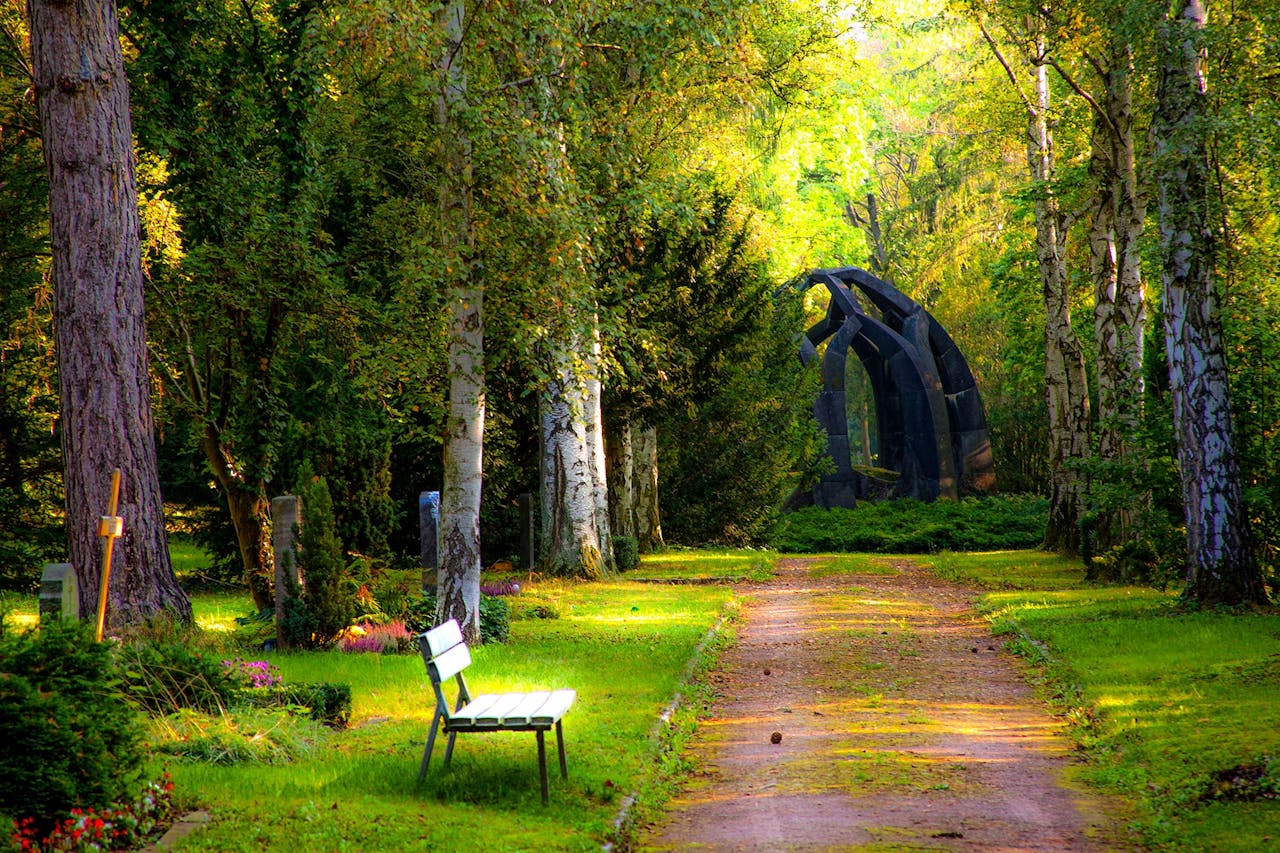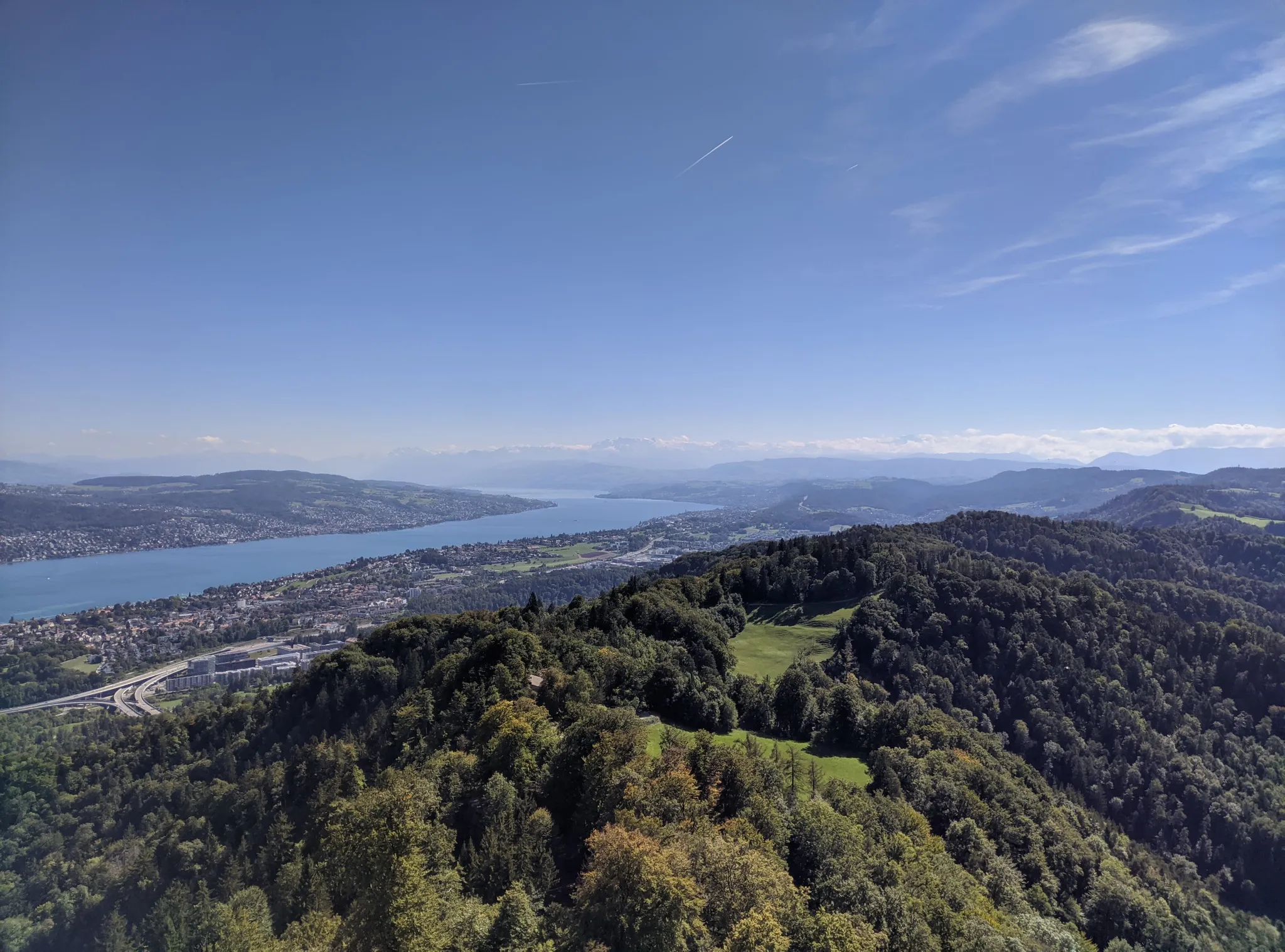Over the years, several regions and communities have developed to support those living with MCS, offering safe spaces, resources, and advocacy. Also, there are two MCS community forums on Facebook A Million Faces of Environmental Illness https://www.facebook.com/groups/35800607330. MCS Belgium is another facebook page https://www.facebook.com/groups/140020552680913. MCS Aware https://mcs-aware.org/ in the UK.
1. The MCS Community in Snowflake, Arizona
One of the most well-known MCS-focused communities in the United States is located in Snowflake, Arizona. Known as a sanctuary for people with MCS, Snowflake offers residents an environment designed to minimize exposure to environmental toxins. The community is based on the principles of sustainable living and healthy housing.
Key Features:
- Chemical-Free Housing: The community offers homes that are built with non-toxic materials, with careful attention to avoiding substances like formaldehyde, VOCs (volatile organic compounds), and other chemicals found in paints, adhesives, and building materials.
- Natural Surroundings: Snowflake’s location in a rural area helps minimize exposure to industrial pollutants, heavy traffic, and other urban environmental factors.
- Supportive Network: Residents share a commitment to living healthy, toxin-free lifestyles and support each other in coping with the challenges of MCS.
2. The Swiss Healthy Life and Living Foundation for Multiple Chemical Sensitivity (Wohnbaugenossenschaft Gesundes Wohnen MCS)
The Swiss Healthy Life and Living Foundation is another example of a community designed specifically for people with MCS. This organization operates Wohnbaugenossenschaft Gesundes Wohnen MCS (Healthy Living Cooperative for MCS), a cooperative housing project in Switzerland focused on providing chemical-free living environments for those suffering from MCS.
Key Features:
- MCS-Sensitive Housing: The cooperative builds and manages apartments that are free of toxic chemicals commonly found in conventional construction, such as paints, solvents, and glues.
- Sustainability Focus: The cooperative emphasizes sustainable building materials and energy-efficient practices, aligning with the needs of those with MCS while also promoting environmental stewardship.
- Community Support: Members of the cooperative are encouraged to share their experiences, create a sense of belonging, and help each other with the daily struggles of living with MCS.
Contact Information:
3. The MCS Community in Wivenhoe, United Kingdom
Wivenhoe, a small town in Essex, UK, has become a center for those with Multiple Chemical Sensitivity. The town is home to the MCS UK Support Group, which offers resources, advice, and information to individuals with MCS and those supporting them.
Key Features:
- MCS Support Network: The group provides support to individuals with MCS through local meetings, online resources, and advocacy for better healthcare and public awareness.
- Safe Housing Advocacy: The group has been involved in advocacy for safer housing conditions for those with MCS, working to ensure that properties are built with non-toxic materials.
- Public Education: MCS UK works to educate the public and medical professionals about the reality of MCS, aiming to reduce stigma and improve understanding of the condition.
4. The Environmental Health Centre in Toronto, Canada
The Environmental Health Centre in Toronto, Canada, provides medical treatment and support for people with MCS and other environmental sensitivities. While it is not a residential community in itself, the center plays an integral role in supporting individuals with MCS who are seeking medical treatment, environmental control advice, and connections to supportive communities.
Key Features:
- Medical Treatment: The center specializes in diagnosing and treating people with multiple environmental illnesses, including MCS.
- MCS Awareness: They provide educational resources and are involved in advocacy for improving the diagnosis and treatment of MCS.
- Support Services: The center offers links to local communities and housing options where individuals can live in environments that minimize chemical exposure.
5. The MCS Living Village in France
In France, there is an emerging initiative known as the MCS Living Village, which aims to offer a dedicated village for people with MCS. This village is being developed to provide safe, chemical-free housing and create a supportive, sustainable community for those affected by MCS.
Key Features:
- Chemical-Free Living: All buildings in the village will be constructed using materials that do not emit harmful chemicals. Special attention will be given to air quality and the avoidance of synthetic chemicals in household products.
- Community and Self-Sufficiency: The project encourages self-sufficiency with organic farming and sustainable energy practices. Residents will be involved in community decision-making and shared tasks.
- Holistic Approach: The village aims to offer not only safe living spaces but also therapeutic services, social support, and environmental education.
Contact Information:
Why These Communities Are Important
Communities for people with MCS are essential for a number of reasons:
- Safe Housing: The most important aspect of these communities is the provision of housing that reduces exposure to environmental chemicals. This is crucial for individuals whose health is severely compromised by common household chemicals and pollutants.
- Support Networks: People with MCS often feel isolated due to the stigmatization and misunderstanding of their condition. These communities offer a place where individuals can connect with others who understand their challenges.
- Advocacy and Awareness: Many of these communities are involved in raising awareness about MCS, both to the public and the medical community, advocating for better recognition of MCS as a legitimate health issue.
- Sustainability: Many of these communities focus on sustainability and environmental health, promoting eco-friendly living that benefits both the residents and the planet.
6. The MCS Community in Victoria, British Columbia, Canada
In Victoria, British Columbia, there is an active MCS Support Group that helps individuals with MCS find safe housing and connect with healthcare providers who understand environmental sensitivities.
Key Features:
- MCS Housing: The community works to find safe housing options that minimize exposure to environmental toxins.
- Local Advocacy: The group advocates for public policy changes related to MCS, including better healthcare access and accommodations for those with chemical sensitivities.
- Educational Resources: Offers workshops, webinars, and support groups for individuals with MCS.
7. The MCS Support Network in New Zealand
New Zealand also has an emerging network of MCS support, with communities and resources for people with environmental sensitivities. The MCS Support Network of New Zealand provides education, advocacy, and safe housing information for those affected by MCS.
Key Features:
- MCS Support: Provides online resources, a helpline, and information on local safe housing options.
- Advocacy: Works to raise awareness of MCS in both healthcare and public policy spheres in New Zealand.
- Community: Facilitates support groups and information-sharing platforms for individuals dealing with MCS.
Contact Information:
Conclusion
As MCS continues to be a challenging condition for many people, these communities around the world offer a lifeline. Whether it is through the supportive network in Snowflake, Arizona, the chemical-free housing in Switzerland, or the advocacy efforts in the United Kingdom and Canada, individuals with MCS are finding ways to live healthier, safer, and more connected lives. These communities not only provide refuge from environmental toxins but also foster a sense of belonging and empowerment. As awareness of MCS grows, these and similar communities are crucial in providing support, reducing stigma, and improving quality of life for those affected.
If you’re interested in joining or learning more about these communities, the contact information provided can serve as a starting point for further research and outreach.


